I'm a professional organizer and I swear by these 3 tips favored by minimalists to create 'white space' in my schedule and reduce chore overwhelm
These organizing tricks instantly make home management less stressful
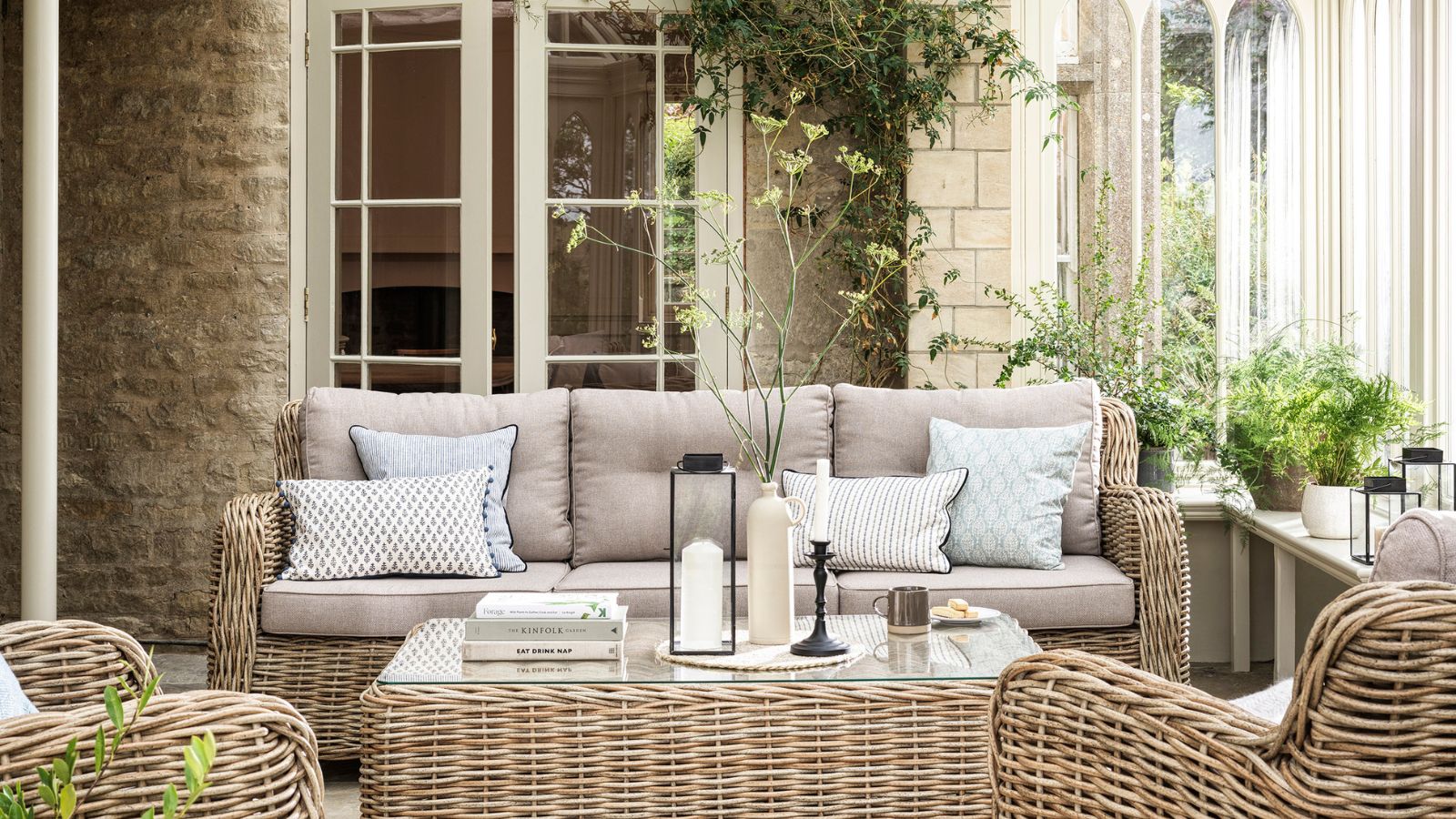

Chiana Dickson
Keeping your home tidy can easily be one of the most regular stressors in day-to-day life. Clutter builds up, cleaning never ends, and life-admin is ever-growing.
Our homes should offer respite, not stress, which is why I tell all my clients to use three simple minimalist habits to help minimize their chore workload and create 'white space' in their day.
These smart home organizing ideas will simplify your clutter management, and free up time to reset your mind without worrying about chores.
How to create 'white space' in your schedule
White space in this context is about carving out time dedicated to recharging. It is not a time for to-do lists, spring cleaning, or decluttering. Instead, you spend it letting your mind wander. Performed regularly, you feel more at peace, and tricky household tasks such as tidying when anxious become less of a struggle.
When this dynamic is in play, you're also less likely to procrastinate on vital chores or find yourself mentally or physically 'wandering' during decluttering, for example.
Whilst you may have been reprimanded for it in school, mind-wandering on purpose to create white space can help improve creative problem-solving, as found by a study in the Journal of Psychological Science.
It gives you time to step back and process your thoughts in a less pressured environment. It might be surprising to hear, but it is a practice commonly used by top-level executives to reset their minds between important meetings.
Think of it a little like letting your computer sit unattended when downloading a large file so the process is quicker, compared to when you are simultaneously using it for other tasks.
But how can we find the time to create this so-called 'white space' when we are so rushed off of our feet? Avoiding common decluttering mistakes and finding ways to be more organized daily will instantly free up space in your schedule.

Cara knows first-hand what it is like to by constantly busy. Juggling family life, a full-time business, and the renovation and running of eight rental properties, she has seen and done it all. She takes this experience to help her clients create relaxing, functional homes that actively minimize stress while supporting client goals.
1. Create a command center
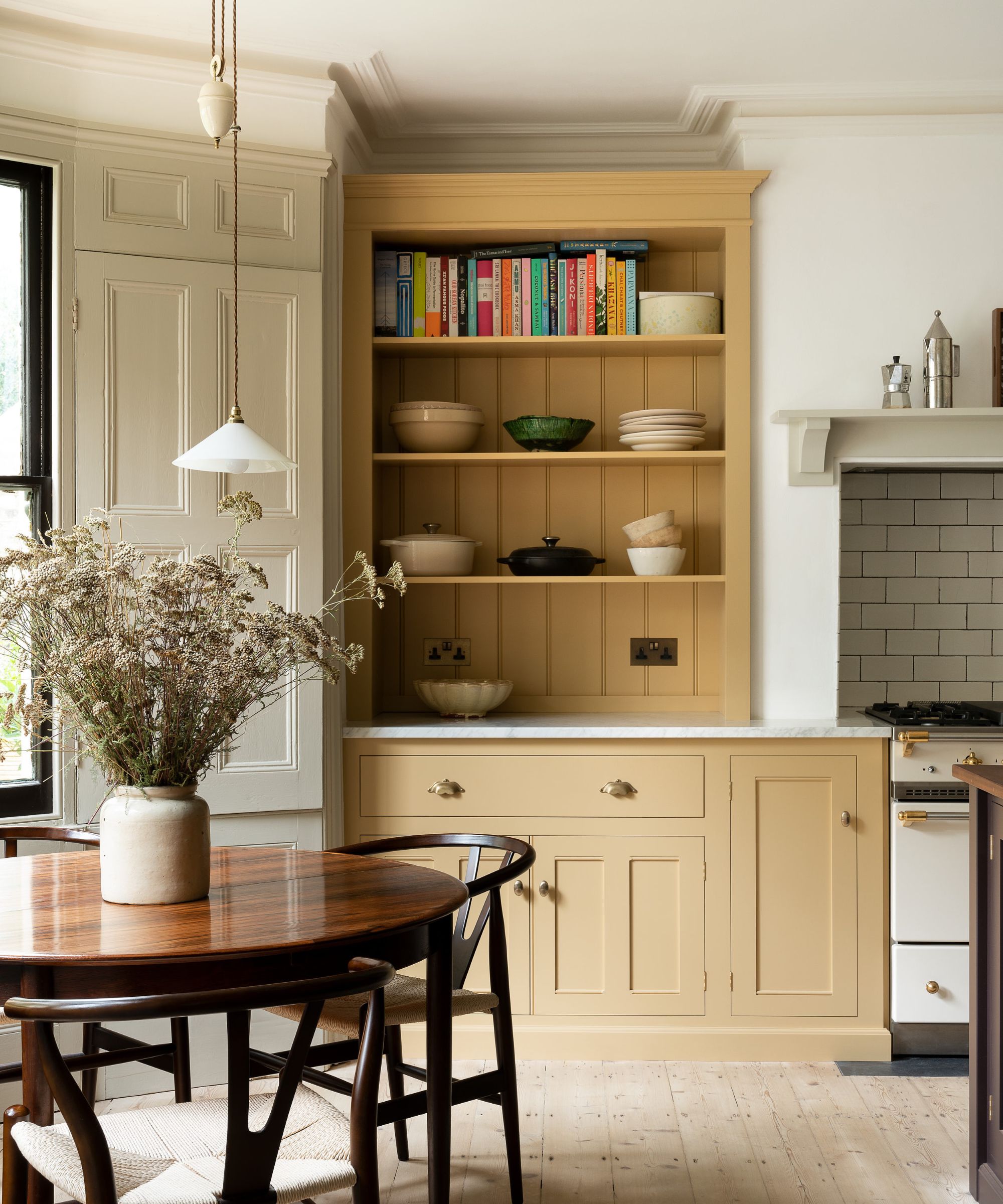
The kitchen is a great spot for a command center as it is used by everyone in a household regularly, so nothing is missed.
One of the biggest causes of stress and overwhelm from day to day is a high mental load – this is the constant tracking and juggling of to-do lists, household chores, and external events in your head.
To reduce mental load, I highly recommend creating a family command center to stay organized and eliminating the mental load of tracking multiple responsibilities.
This should include a family calendar, meal planning space, and dedicated spots for incoming and outgoing mail, such as this handmade wooden mail organizer, from Etsy, which features two slots to organize letters, and hooks for your keys. It is a great home organizing system to keep you sane.
When everything has a designated place and process, you eliminate the constant mental cycling through to-dos and reduce decision fatigue. I recommend you spend 10 minutes each evening reviewing this space, preventing morning chaos and creating peaceful transitions between tasks.
All prices correct at time of publication.
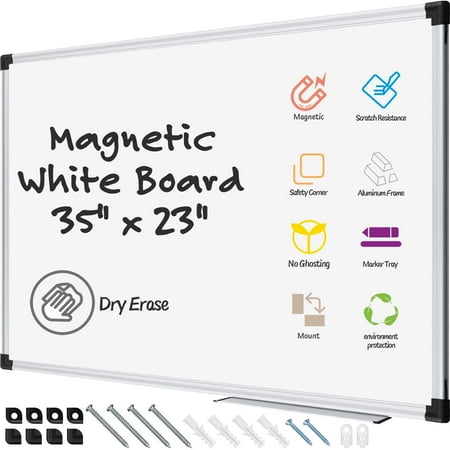
A magnetic dry erase board can be a great command center for busy households where events and schedules are always changing. Magnetic boards make it easy to keep pens nearby, and you can quickly tack up papers and documents that the family need to see.
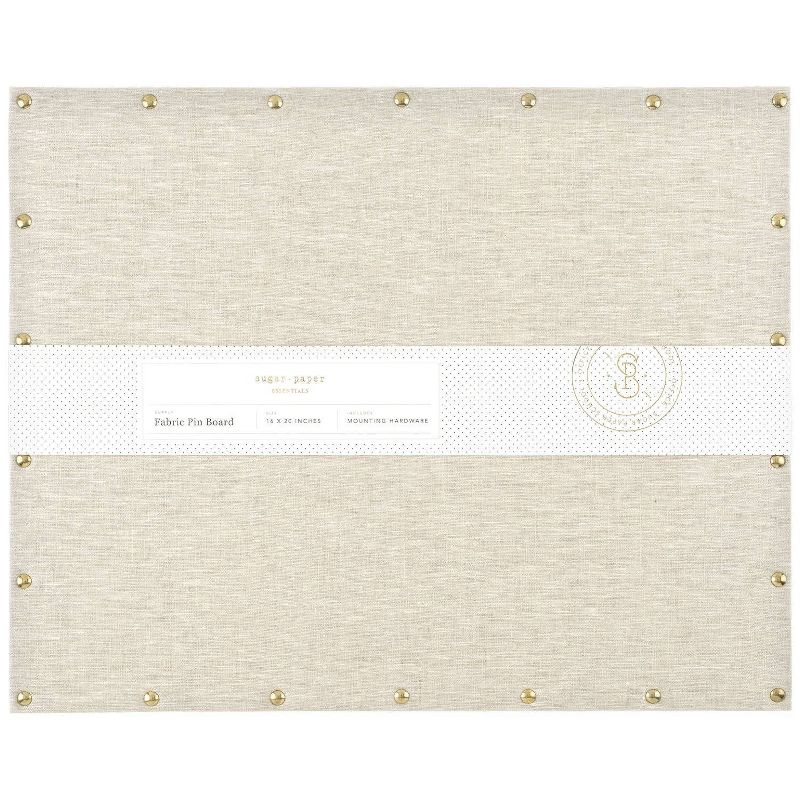
For households that have a lot of loose paper work, such as school documents or bills, that need to be accessed by multiple people, a pin board is a great option for a command center. Keep a notepad nearby to quickly scribble reminders to pin up, too.
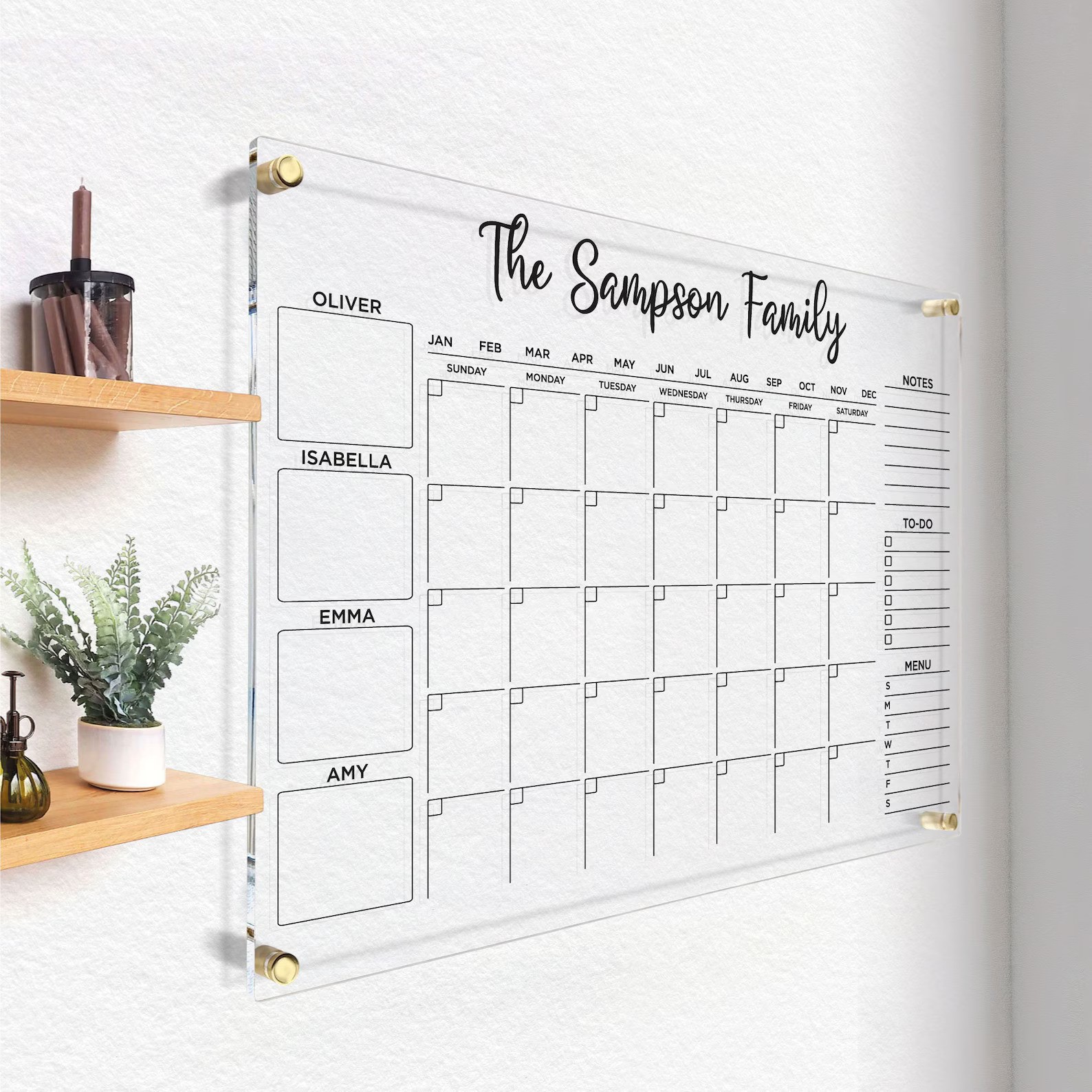
Available in five sizes, these customizable family wall planners offer space for monthly event planning, notes, to-do lists, food plans, and individual family member notes to keep everyone on track.
2. Establish a power hour
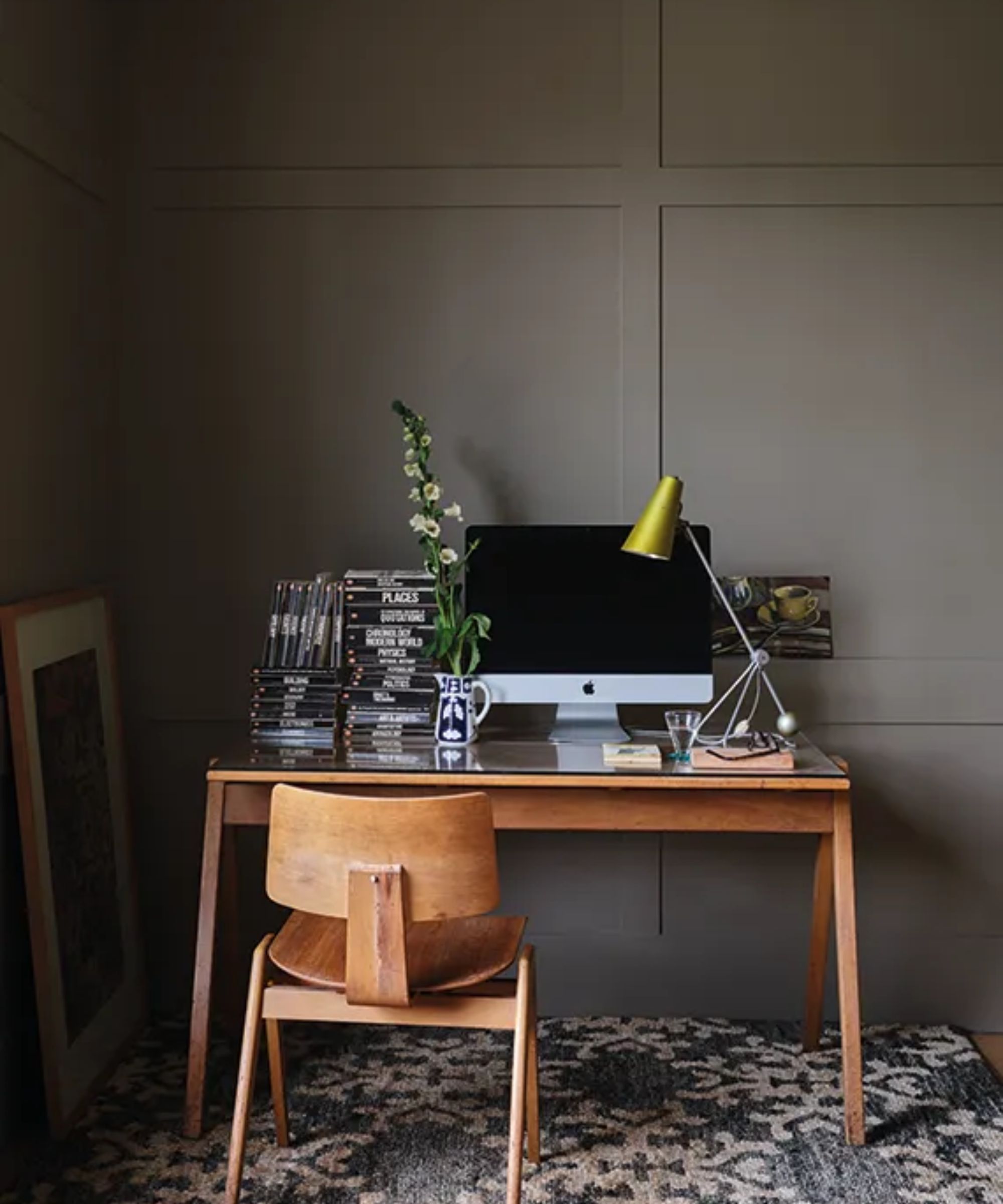
Power hours could be for getting through life-admin tasks in your home office, or surging through cleaning tasks around the home.
Rather than randomly interrupting your day with household tasks, designate specific times for batch-processing similar chores.
For example, schedule a weekly "power hour" (otherwise known as a scary hour) dedicated solely to making appointments, returning emails, and handling administrative tasks. Another power hour might focus on meal prep, or you can try the one-hour cleaning method. This approach creates boundaries around your obligations and protects blocks of genuine downtime.
The key is to work intensely during these focused periods, knowing you've earned your subsequent rest, and set up a better work-life balance at home.
You can also try implementing a closing shift routine, helping to reset your home at the end of each day to make mornings your 'white space'. When all the dishes are done and put away, the floors and counters are clean, and the living room is decluttered, you will have a far more relaxing start to your day.
If you find physical pain, fatigue, chronic illness or mobility issues are making household chores harder, using adaptive pacing when cleaning will be a game-changer. Head of Solved, Punteha van Terheyden, who is disabled and suffers high levels of chronic pain explains, 'Adaptive pacing is the only way I can carve out time and energy to complete the things I need to around the home without injury or flares.'
Correct pacing will then enable you to create that vital 'white space' for mental downtime.
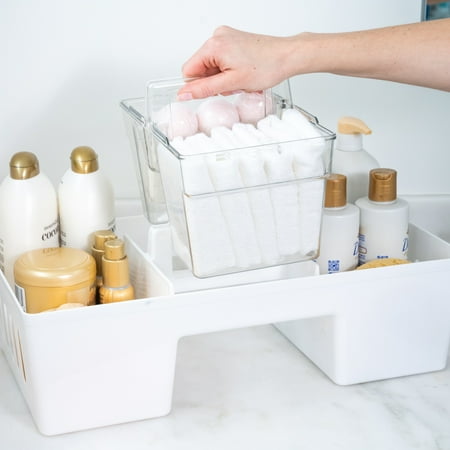
This large storage caddy comes with a removable inner caddy that can be removed and carried around for smaller tasks, making it ideal for whizzing around the house for a cleaning power hour.
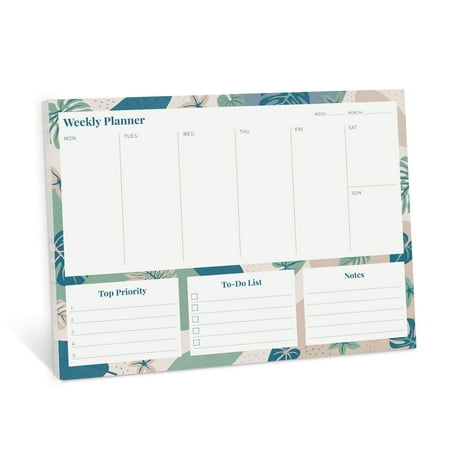
Having an undated planner visible on your desk is a great way to keep on top of all your important tasks without having to dig through a journal or digital calendar. It also offers an easy space to make notes to reduce your mental load.
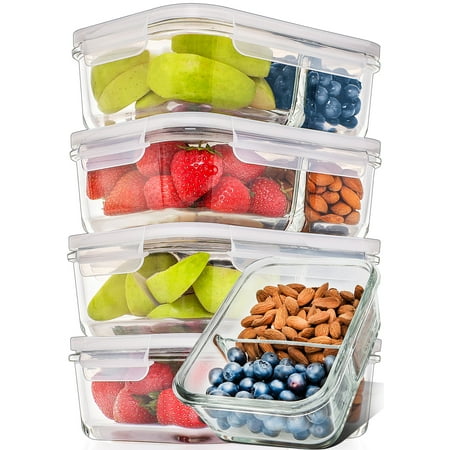
These glass food storage containers are plastic free, limiting the risk of food contamination from microplastics, and come with dividers to keep pre-prepared food fresher for longer.
3. Designate drop zones
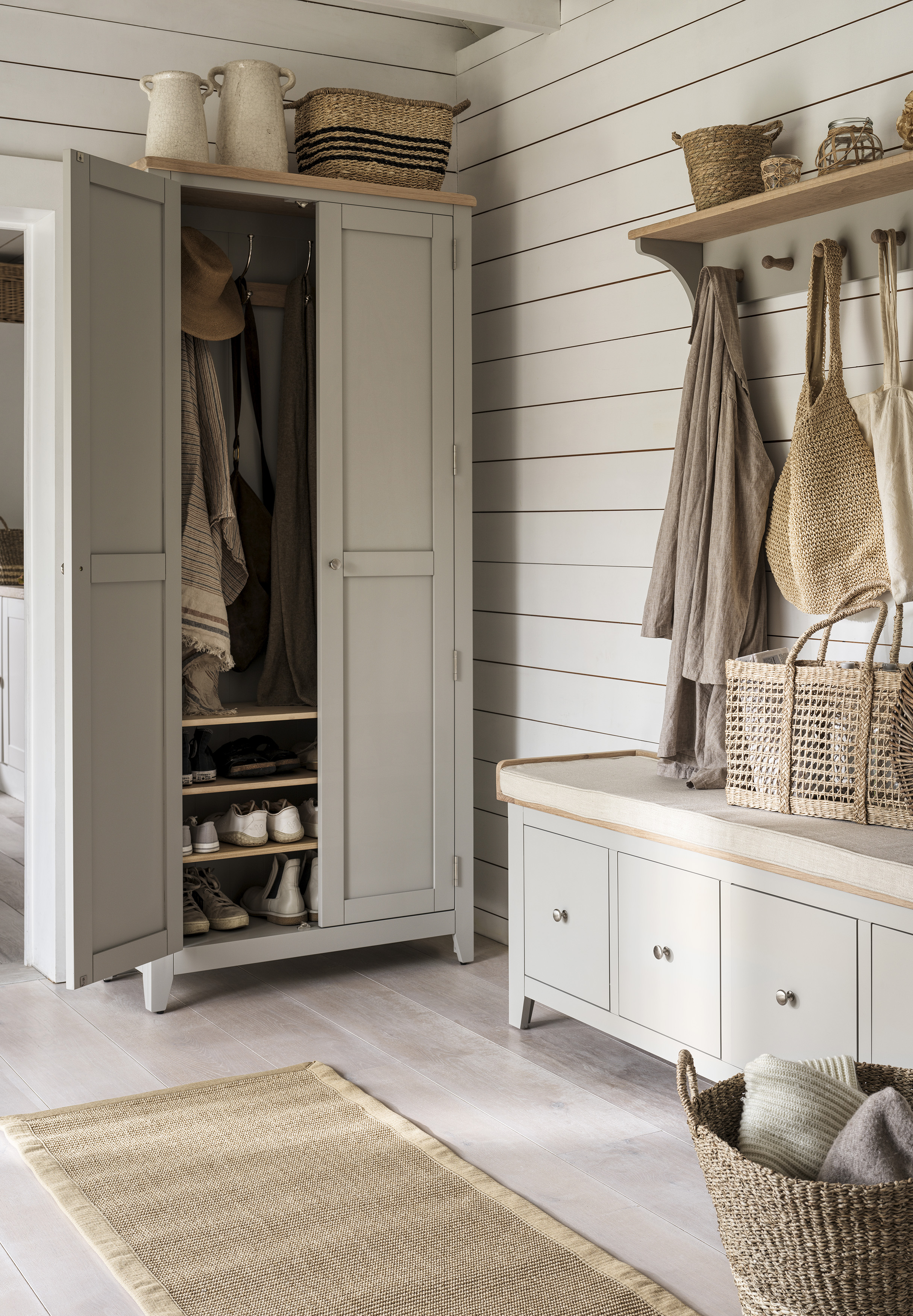
Entryways are great contenders for drop zones, helping to eliminate some of the most common causes of clutter on even the busiest of days.
Create intuitive transitional spaces where items can temporarily rest without creating visual clutter. These drop zones come together to aid in desire path decluttering, minimizing the steps needed to keep a home tidy, therefore making it easier and quicker, creating more free time in your day to reset.
This includes bathroom counters with designated spots for daily essentials, bedside tables with charging stations, such as a universal induction charger pad, available at Target, and entryway systems for keys, such as this wall-mounted key organizer, from Walmart, which offers seven hooks for keys and a small shelf for bills and mail.
These zones prevent accumulating random items that trigger stress responses and the feeling of never being "done."
When designed properly, they reduce the cognitive load of constant organizing and create visual harmony that promotes mental calm.
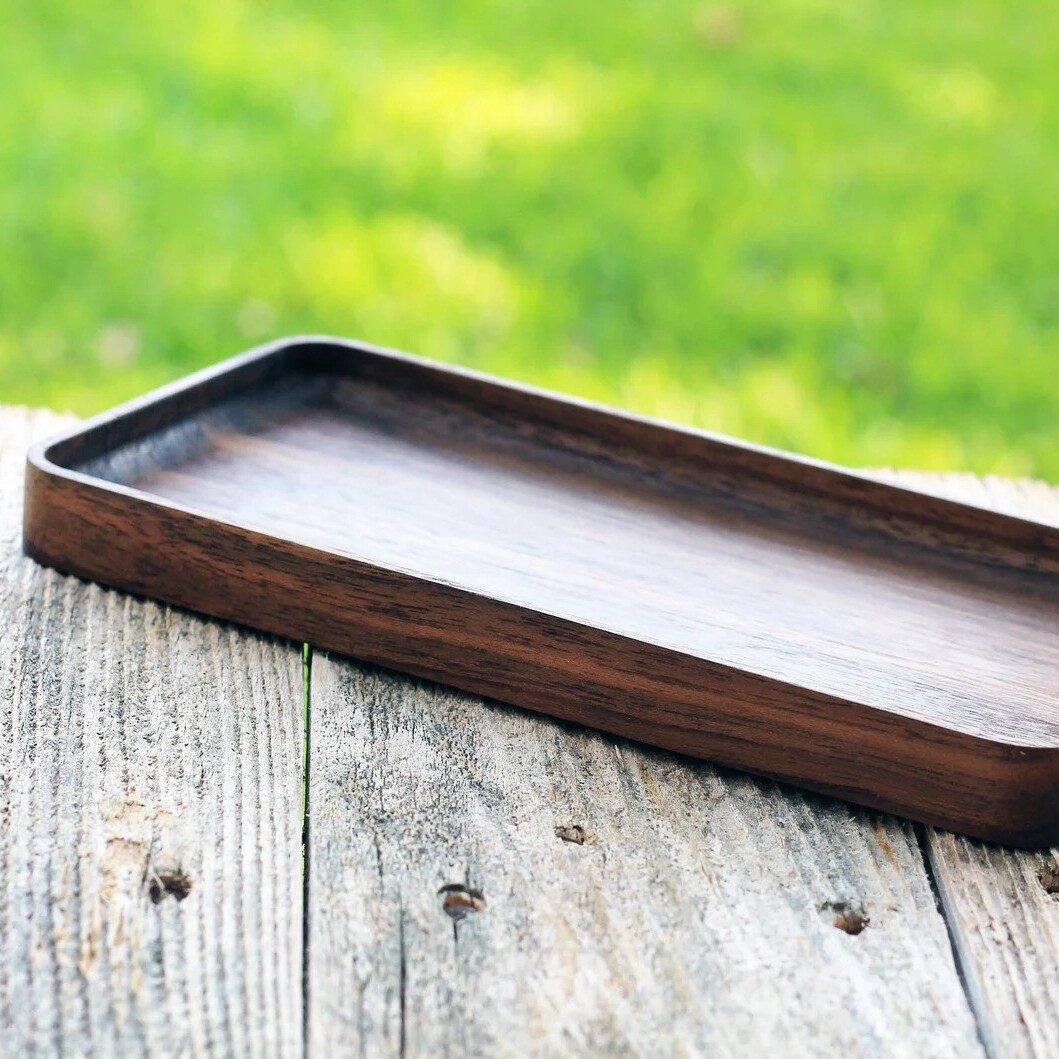
Something as simple as a tray on a bathroom or kitchen counter to corral essentials such as soaps or spices can instantly make your rooms look tidier, while making cleaning quicker and easier.
 Two sizes
Two sizes
Baskets are the best go-to for creating drop zones. Be they in your entryway, living room, or hallway, they can quickly corral clutter making it easier to put away at the end of the week.
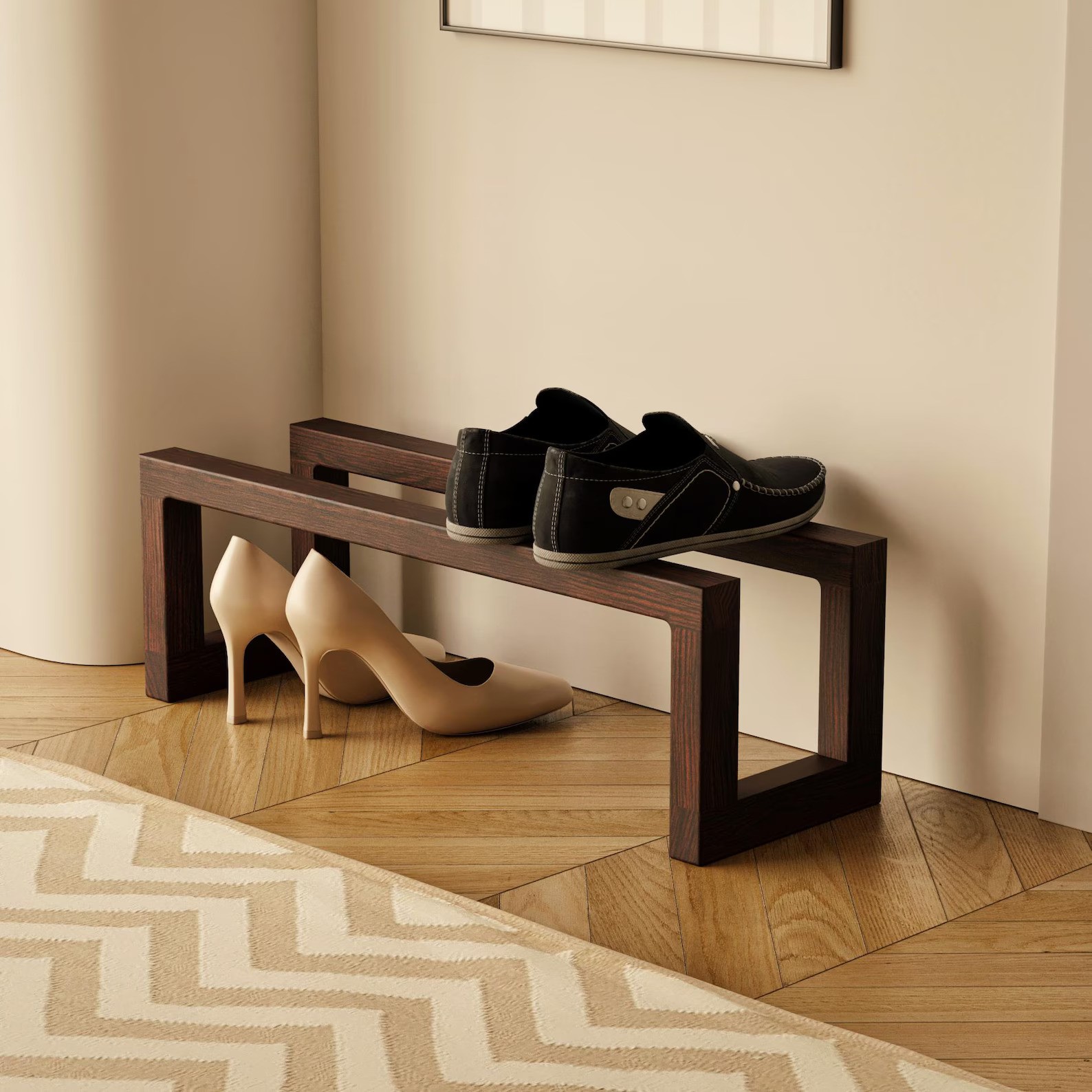
The simpler a shoe drop zone is to use, the more likely your family are to use it. This minimalist shoe rack is custom made and is offered in 10 different wood types and 10 different sizes to suit any household.
FAQs
How do I use white space in my day?
White space is a time for recharging and reflection, but this doesn't mean you have to sit and meditate for 10 minutes or stare at a blank wall. You could use the time to sit quietly and enjoy a cup of coffee without any screen time, go on a walk outside, stretch, exercise, journal, or play an instrument.
Try to avoid using your computer or phone, and find a quiet spot to let your ears rest, too. Relaxing music or natural sounds such as water or birdsong can be a great alternative if you don't like silence.
Creating white space in your day does not have to be a solo effort if you live with your family. Encouraging your family to declutter and motivating your family to clean can also help free up time in your day and minimize stress.
Design expertise in your inbox – from inspiring decorating ideas and beautiful celebrity homes to practical gardening advice and shopping round-ups.

Cara is a seasoned home organization expert and decluttering specialist, having worked with clients for over a decade to transform their lives through strategic organization. She believes in blending style with practicality to create homes where people can truly thrive.
- Chiana DicksonContent Editor
You must confirm your public display name before commenting
Please logout and then login again, you will then be prompted to enter your display name.